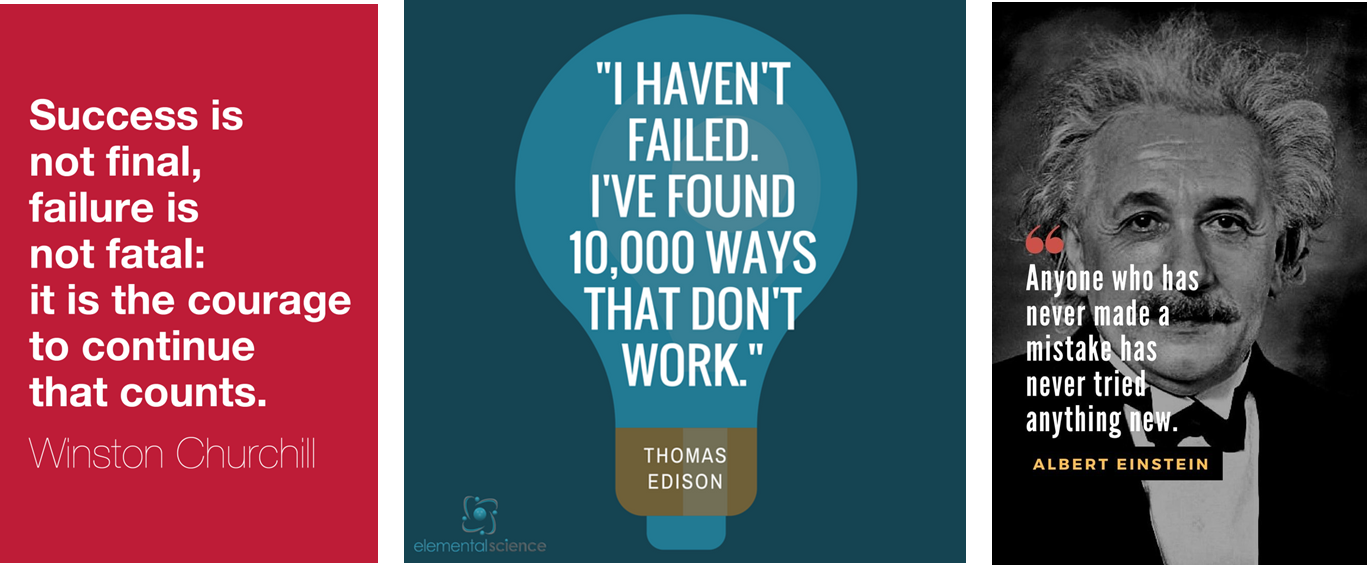Don't wait! Reach out!
The sooner you seek help, the more likely you are to be able to improve your grade. Email your Professor right away! They might offer extra resources, suggest study strategies, or even point you to additional practice materials. A simple email or visit during office hours can make a big difference.
-
Identify the Problem: Identify what you need help with. Notes? Test-taking skills? Understanding content? Knowing what you need will greatly help you get to the resources that can help you be successful.
-
Know Before You Go: If you go to office hours or to a study session, you need to know what you don't know. What do YOU need help with? Office hours are not a magical land where everything becomes clear, and professors cannot give you a private 50-minute lecture. Bring your questions and be prepared to take notes as you discuss the content.
-
Use Resources Already in Place: Find out if there are specific resources — tutoring, textbook/learning platform resources, university-wide resources (the learning center, PASS tutoring, etc.). Use the department-specific resources listed in the sidebar.
-
Break It Down: Feeling overwhelmed by a big project or a mountain of coursework? Break it into smaller, manageable tasks. Create a to-do list and tackle one thing at a time. Celebrate small wins—like finishing a chapter or solving one challenging question at a time —to stay motivated.
-
Find a Study Buddy: Studying with a classmate can make learning more enjoyable and less intimidating. You can quiz each other, share notes, and explain concepts in ways that make sense. Plus, it’s a great way to build a support system. Ask the students who you sit near during lecture, or ask your prof or TA for help setting something up.
Failure is a part of science, of learning, and of life
Everyone has to figure out how to deal with it, grow from it, and move on after it. It will be part of your college experience and looks different for different students; it might be a missed lecture, a C on an exam, a D on a paper, or an F in a class. These resources are intended to help you think about failure in a productive way and manage it in a healthy way that can lead to success.
When something is hard, it means you're trying. We may think that we can't do something or that we are going to fail when things are hard, that feeling often has more to do with actually caring about that topic than it has to do with possible failure. Whether it's relationships or exams, fear of failure means we care. Caring about something is one of THE most important things for success. We may never become an astronaut, but if we don't care about becoming one, we won't try. No one becomes an engineer or scientist or any kind of professional without caring enough to try.
Genuinely trying can cause difficulty to be scary, and can cause failure to seem the worst thing possible. Most importantly, though, genuinely trying causes success. No one has a study plan or tutoring session, or spends enough time reading without trying. No one follows up on questions or changes their work schedule or plans to study after class and before dinner if they are not trying. And none of this will happen if you don't care. It means you have the motivation deep down to use your resources to find success. That could look like changing studying, asking questions, changing a work or class schedule, doing tutoring, or even changing your major. The fact that you care is one of the most powerful things you have. The fact that you worry is an unpleasant side-effect, but that's what happens when you work to succeed at hard things.
College is hard, and the only people who try hard things are those who care enough that failure matters to them.
College is hard, and that's why it's worth it. Most things that people will pay us for are things they can't, or don't want, to do themselves. We are learning these hard things in college.
When we think things are hard and we fear failure, it means we care. Use that motivation to make the changes you need for more success.
-
Reframe Failure as Feedback: Failure isn’t the opposite of success—it’s part of it. Each failure gives you data to improve. It’s normal to feel disappointed. But try to move from “I failed” to “I’m learning.” Resource: Mindset by Carol S. Dweck
-
Normalize It: Think: Everyone fails, even your professors and peers—especially in college. You’re not alone. Sharing your experience can reduce shame. Resource: Failure is Always an Option
-
Practice Self-Compassion: Treat yourself like you would a friend who’s struggling. Acknowledge pain without judging yourself. Resource: Self-Compassion Exercises
-
Use Metacognition: Ask yourself why you failed and what you can change. This is a skill you can build. Feeling empowered starts with knowing you can adapt. Resource: Unlocking College Learning
-
Know When to Reach Out: Seeking help is a strength, not a weakness. Relief and connection often follow vulnerability. Resource: ULifeline

Some of the links on this page may require additional software to view.

